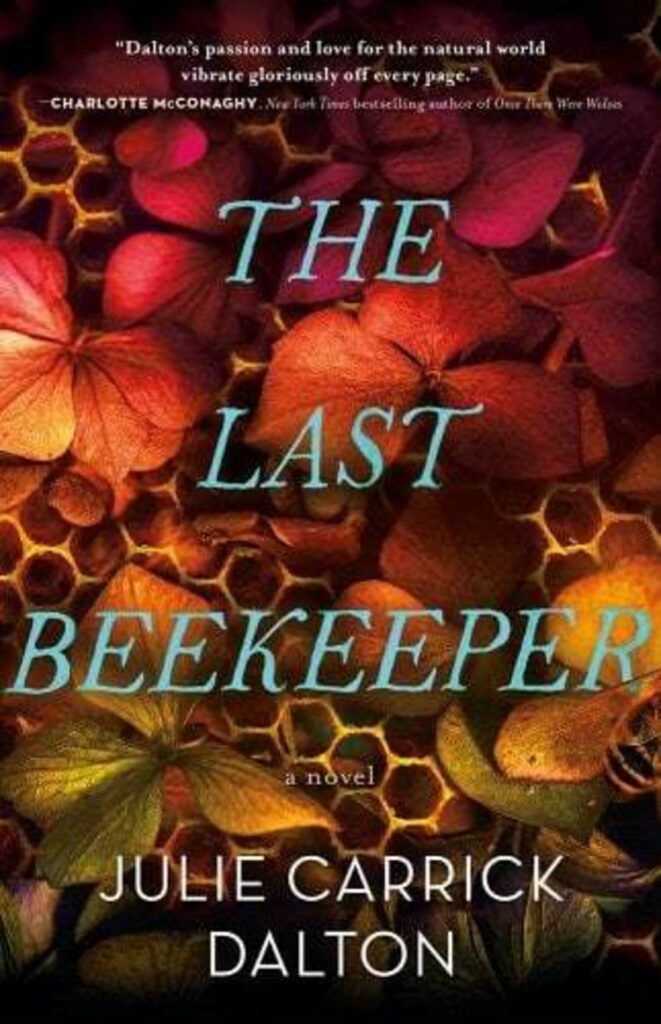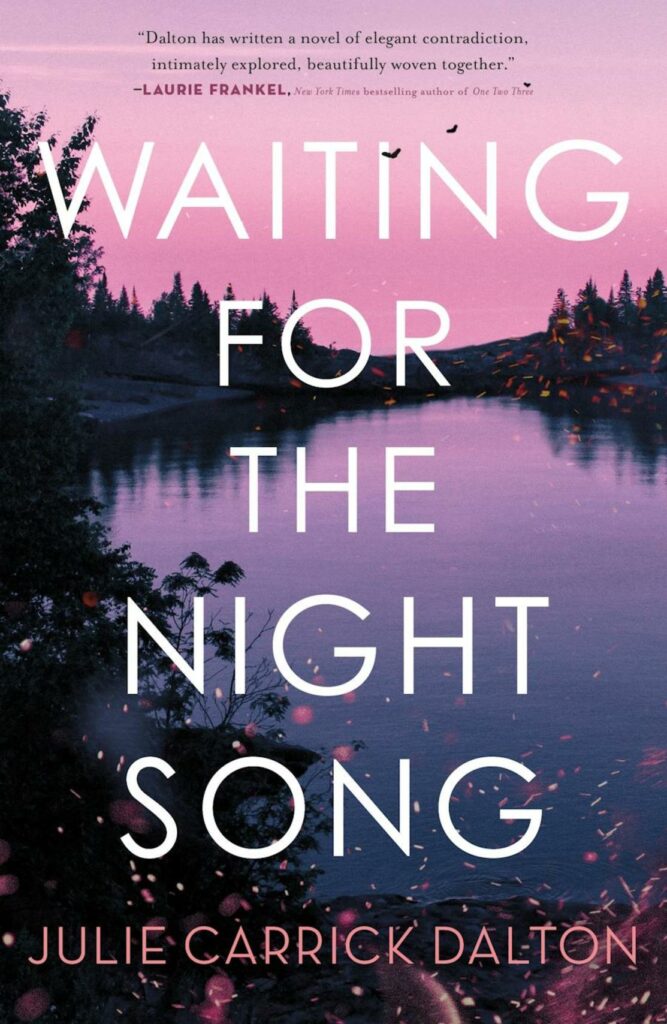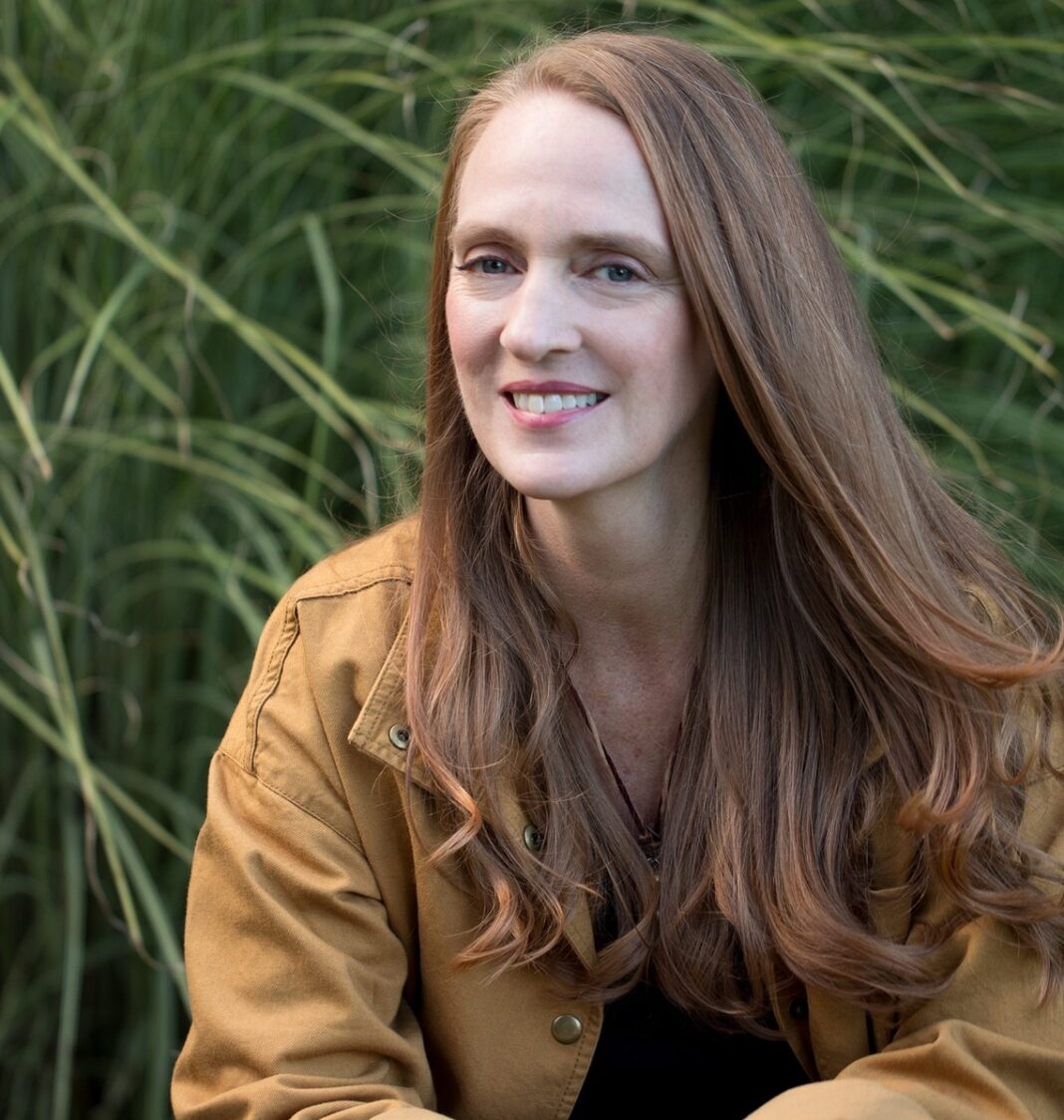Tufts University’s Hoch Cunningham Environmental Lecture series stimulates interdisciplinary conversations about climate change.
This story contains affiliate links. If you purchase a product through one of our links, we may earn a commission, essentially a small digital finder’s fee. These commissions help us fund the valuable journalism that you see on Bluedot. Thank you for supporting us!
The Hoch Cunningham Environmental Lecture series at Tufts University brings speakers from a variety of industries and disciplines to speak on topics relating to the environment. Recently, I tuned in virtually for a talk titled “Climate Fiction: the Intersection of Climate Science, Literature, and Activism” presented by Julie Carrick Dalton, author of The Last Beekeeper and Waiting for the Night Song (both available on Amazon). You can check out a recording of the lecture here.
With a background in journalism, agriculture, and beekeeping, Dalton is a frequent speaker around the country on the topic of fiction writing in the age of a climate crisis. The Last Beekeeper, her latest novel, tells the story of a beekeeper and his daughter in a near-future setting where the world’s pollinator population is dying off.
According to Dalton, her books “deal with fractured human relationships set against the backdrop of an element of climate crisis.” Though the stories she writes are works of fiction, they are able to tell truths about the human experience that evoke a reader’s empathy, expand a reader’s understanding of their environment, and potentially motivate readers to take real-world action. Because of this, Dalton sees climate fiction as the space where climate science, literature, and activism intersect.


Talking about climate fiction is a way folks from a variety of backgrounds can connect, learn from one another, and organize in their own communities. “After I published The Last Beekeeper, I suddenly found that I had a platform to go out and talk about this to talk about our pollinators,” Dalton says. “I could share my fears for pollinators, and I can also share my hope with scientists, beekeepers, artists, professors, writers, landscapers, and horticulturalists all over the country.“
As part of her writing process, Dalton conducts interviews with scientists and experts as well as researching the topics she explores in her novels. “I’m not an environmental scientist. I am a storyteller. I make stuff up for a living,” Dalton says. “But that does not mean that I’m not engaged with the truth.” This pursuit of the truth is driven not only by Dalton’s background in journalism, but also by her desire to cultivate trust from her reader and to craft a plot that is plausible. Through her conversations with scientists, Dalton sees that these conversations about the climate crisis are urgent and believes that, through engaging with climate fiction, they can become infused with “radical and relentless hope.”
Through this hope, Dalton seeks to reach folks who find themselves paralyzed by climate anxiety: “There’s this paralysis in perfection, that if I can’t do it exactly right, and if I’m not serving everybody, I shouldn’t do it.” She sees the novel as an opportunity to imagine a future that hasn’t happened yet and to explore possible solutions, to invoke a state of wonder at the power of our environment.
“Stories reach us on an emotional level, because that is where the truth lives — in our hearts, not in our heads,” Dalton says. “Sometimes you need to feel someone else’s pain, to see their truth or to validate what they’re experiencing to internalize it. And that’s what fiction can do.”
Throughout her lecture, Dalton not only shares her insights on the intersections of fiction writing, environmental activism, and climate science, but also personal stories of her beekeeping work and her experience in the publishing industry. Dalton also celebrates the work of the diverse group of writers in the growing canon of climate fiction. These writers include Aya de Leon, Sim Kern, Jeff VanderMeer, Charlotte McConaghy, and Matt Bell.
The Hoch Cunningham Environmental Lectures are funded by Daphne Hoch-Cunningham and Roland Hoch. A great opportunity to engage in interdisciplinary conversations, the series runs every week of the academic year and is open to Tufts. faculty, students, staff, and the community. View the schedule for the current semester here.



